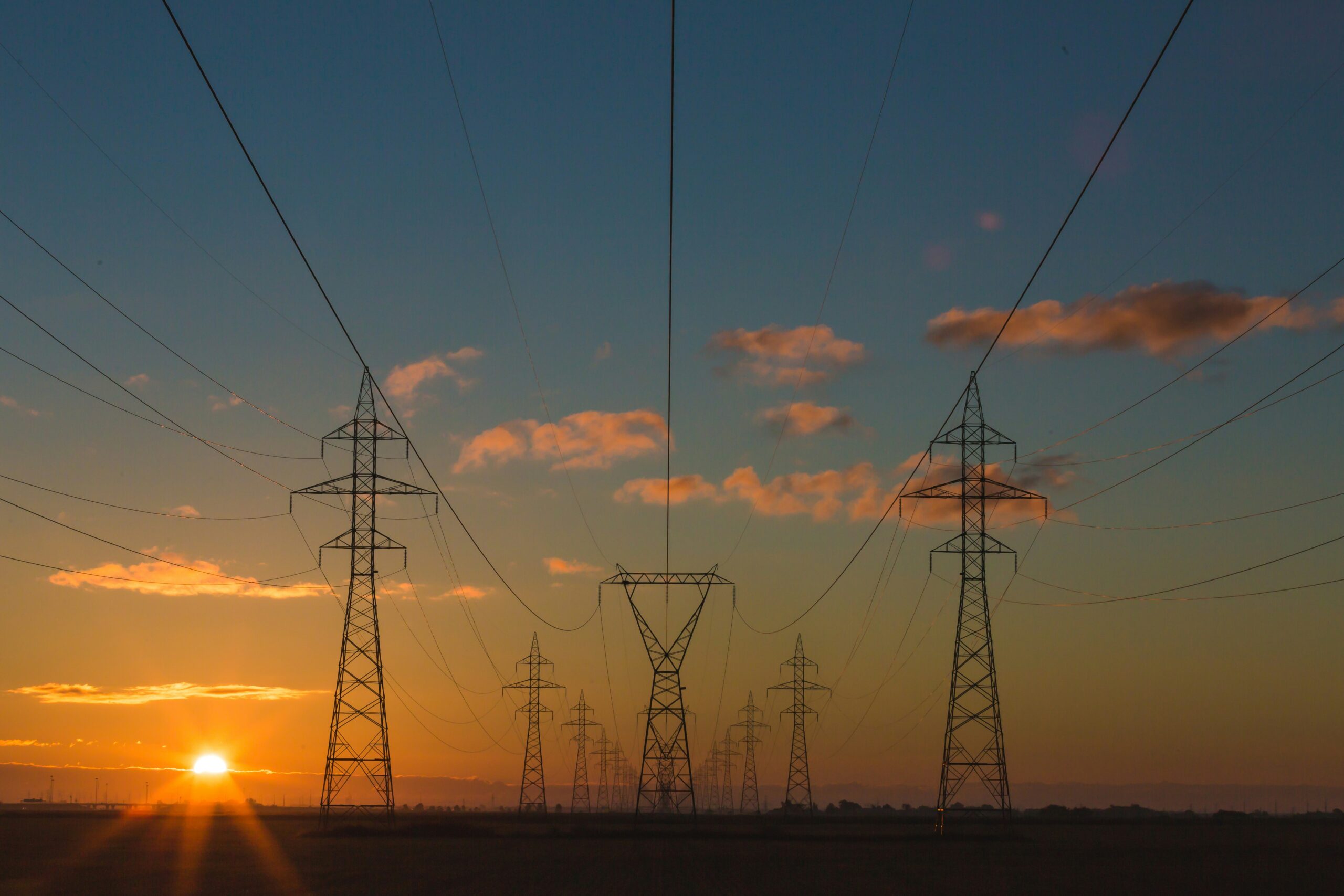
Blog
Understanding RTOs: Southeast
April 25, 2024
Refresher: What is an RTO?
While states set their own clean energy goals and utility policies, wholesale markets and electricity transmission between states are regulated by the Federal Energy Regulatory Commission (FERC). This is often organized through regional transmission organizations (RTOs). RTOs are responsible for managing the capacity market, which ensures that electricity supply meets future demand with adequate reserves.
Does the Southeast have an RTO?
At present, there is no regional transmission organization (RTO) in the Southeastern United States. The states with the potential to establish or join an RTO include Alabama, Florida, Georgia, Mississippi, North Carolina, South Carolina, Tennessee, and portions of Kentucky, Louisiana, Missouri, and Arkansas.

Source: US E.I.A
Why Should You Care About an RTO in the Southeast?
State legislators should consider the importance of supporting the creation of a Southeastern Regional Transmission Organization (RTO) for several reasons. Currently, utilities in the Southeast are not subject to meaningful competition. If a competitive market were introduced, there is the potential to bring down wholesale electric costs for consumers, improve reliability in the face of increasing severe weather, and help get more cheap renewable power onto the grid.
A recent report found that a Southeastern RTO could bring a cumulative $384 billion in savings by 2040 for the entire region. Additionally, competitive pricing across the Southeast would save customers $17.4 billion a year and lead to the retirement of most coal plants and gas peakers in the region by 2040.
What Have States Done Thus Far?
States like South Carolina and North Carolina have been exploring the potential for an RTO in the Southeast. In South Carolina, the legislature passed H.4940 and H.3194 while the North Carolina legislature filed a bill in 2023 to put $500,000 forward to conduct a study related to the potential for an RTO.
- South Carolina H.4940 (enacted 2020): Formed a committee in the legislature to investigate a range of market-based reforms, including participation by SC utilities in a statewide or regional wholesale market.
- South Carolina H.3194 (enacted 2021): Required Santee Cooper to obtain Public Service Commission approval of its Integrated Resource Plan, major facilities, and long-term Power Purchasing Agreements.
With conversations around a Southeastern RTO ongoing, legislators have the opportunity to continue pursuing legislation on climate and utility policy that can help support this work. NCEL resources, Southern Climate Solutions Briefing Book and Utility Briefing Book, provide overviews of potential policy options for southeastern legislators to consider.